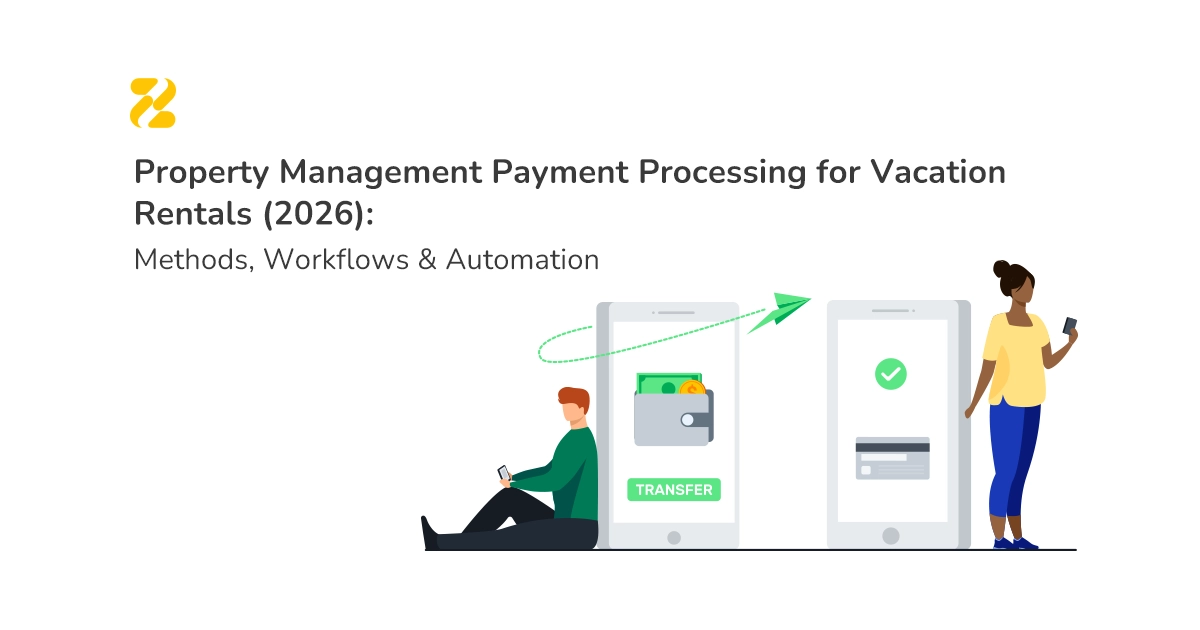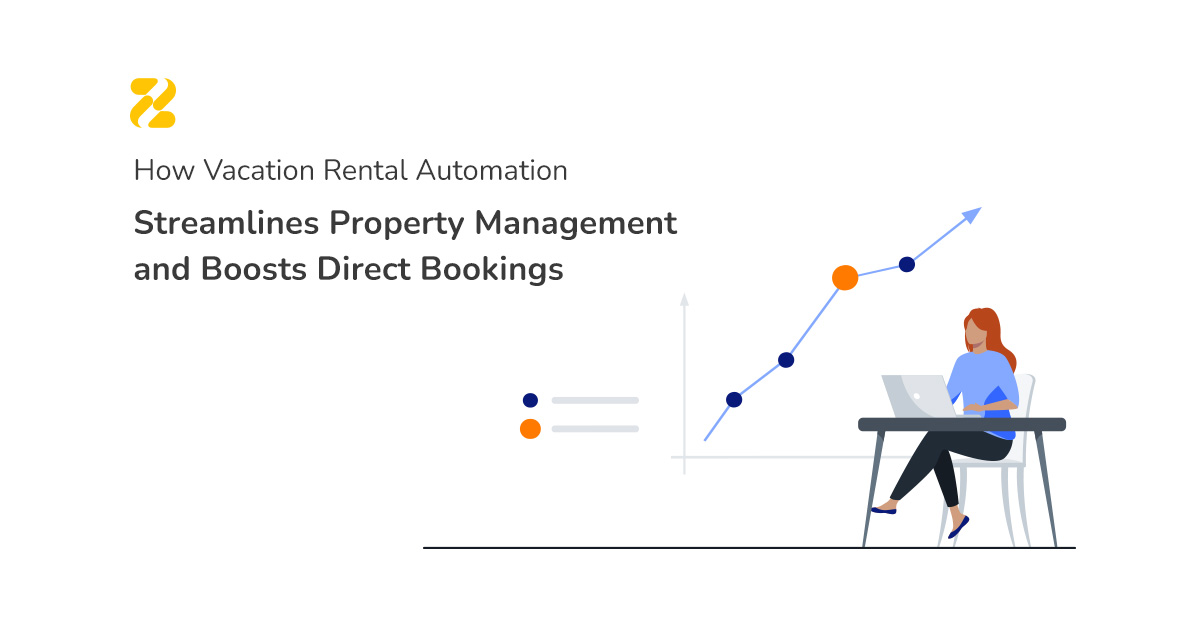How to automate security deposits is a question that applies in more than one situation. Firstly, it could apply to bookings that come through channels like Booking.com or Expedia. In such cases, the channel does not provide the host with an option to automate the management of security deposits. More importantly, it also applies to direct bookings. These are bookings a host takes through their website, over the phone or by e-mail. Read on to find out how you can automate security deposit management. Learn to avoid the hassle and risks that can come with doing it manually.
Table of Contents
What is a Security Deposit and why do I need one?
A security deposit, or a damage deposit, is a term used to describe funds that are held from guests to cover a number of potential costs. These could be damages caused by the guest or monies withheld for breaking house rules. You need to keep a security deposit if you want to make sure that you are not left out of pocket. Most hosts do, however, there are some that don’t, to encourage more bookings. Ultimately, it is a call that you need to make for each of your properties. Base this on your risk appetite and the market you are serving.
How do Security Deposits work on Airbnb?
In the case of hosts who work with sites like Airbnb and HomeAway, the listing site itself will manage the security deposits on behalf of the host. There are reports that Airbnb does not actually hold the funds from the guests. This is the case even when the host specifies that they require one. By doing so, Airbnb is taking the risk of having to pay the host through the Host Guarantee scheme if things go wrong. Thus, Airbnb sees a security deposit more of a liability that the guest would need to honour if there is an issue. However, the guest could refuse to cough up the money to Airbnb after you report an issue. There is little that they can do to force the guest to pay up. Therefore, it is safest to always get the money up-front when you manage your deposits.
What is a Direct Booking?
Direct booking is a booking placed by a guest, directly with a host, without the involvement of any middle-men. This means that the host is fully in control of the booking. They can specify their own terms and conditions. Moreover, there are no fees to pay to a middle-man. Hence, hosts can improve their profit margins, while also offering guests better rates. Finally, in cases such as the COVID-19 crisis, hosts are not subject to having their agreed policies overridden by a listing site or OTA. To find out more about how to increase your direct bookings, click here.
How do I manage Security Deposits for Direct Bookings?
In some cases, a host will ask the guest to transfer funds or will take cash. Alternatively, they may charge their card, and pay this back to the guest at the end of the stay. In others, they will keep a security deposit as a pre-authorisation from a guest’s card, similar to what happens when you rent a car.
The issue with the former approach is that it involves manual transactions and a lot of paperwork to manage the payments and refunds. This takes time, which ultimately comes at a cost.
How to Automate Security Deposits’ Pre-authorisations
While the second approach helps save some time, and can even be done remotely, there are issues such as chargebacks and risk of fraud that can occur. These happen when a host enters card details in their payment processing gateway to pre-authorise funds. This can be done manually, or by way of details passed through the channel manager/booking engine.
Unfortunately, there is no way of protecting yourself enough from a guest claiming that this was authorised use of their card, or, indeed, from them providing you with the details of a stolen card. A way of overcoming these risks is to use 3D-secure ‘payment’ links. This is a bit of a misnomer in the case of a pre-authorisation link. By doing so, a host can require a guest to verify that they are the cardholder. This is achieved by way of a password or code sent to them by their card provider.
The problem with 3-D Secure links provided by companies, such as Stripe, is that the security deposit pre-authorisation expires after 7 days. A way of overcoming this is actually charging the funds. However this incurs fees, and it means the host still has to do a manual refund after every stay.
How to Automate Security Deposits’ Releases
So how can these issues be overcome? A system is needed that allows hosts to specify a custom timeline as to when a security deposit should be pre-authorised from card details entered by a guest using a 3-D Secure link. Moreover, the system would need to hold on to the security deposit until after the guests’ departure. For how long? Well, it would be great if the host could specify for each unit type how long that window should be.
As there was no system out there that automated this, we took action. We developed the necessary automation around security deposits in Zeevou Book – Zeevou’s renowned 5-Step Online Check-in Process. This is the only system that offers hosts the necessary automation to manage security deposits effectively. Moreover, if there is a need to capture part of the deposit, Zeevou allows hosts to do this without having to leave the system. Charging a deposit creates a log of the reason and the amount in Zeevou, and also allows the host to automate the sending of an email and/or text message to the guest, detailing the charge.
To find out more about Zeevou and to book a demo, visit zeevou.com.




